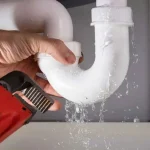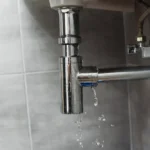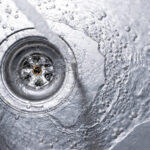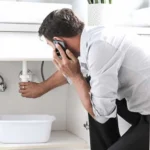A well-maintained home relies on a series of essential systems that ensure comfort, safety, and functionality. From heating and plumbing to electrical and ventilation systems, each component plays a critical role in day-to-day living. Understanding how these systems work and knowing how to maintain them is vital for homeowners who want to prevent costly repairs, enhance energy efficiency, and preserve the value of their property. Proactive care and professional guidance can make all the difference in ensuring that these systems function optimally.
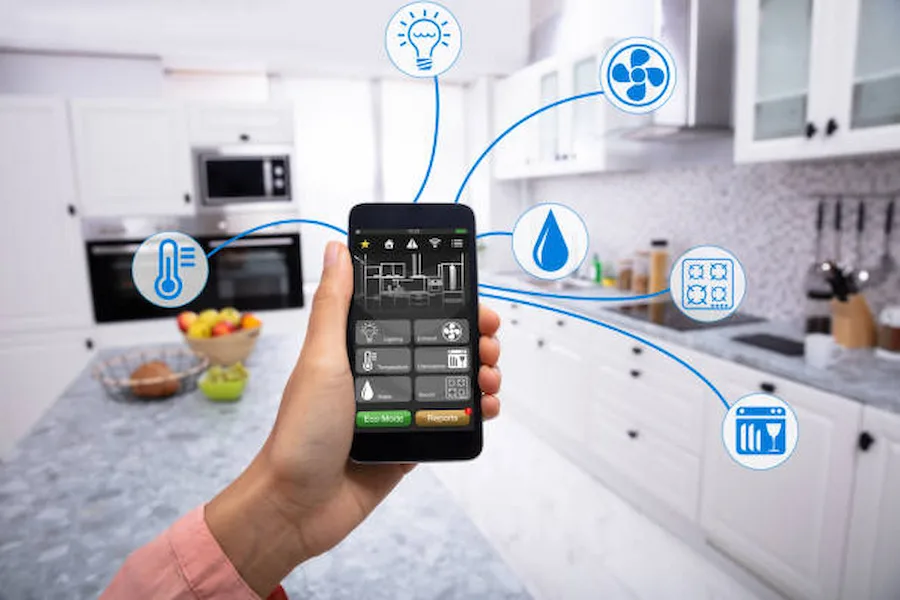
Content
Heating Systems
Heating is a fundamental aspect of home comfort, particularly during colder months. Most homes are equipped with one of several types of heating systems, including boilers with radiators, underfloor heating, or heat pumps. Each system requires regular maintenance to operate efficiently and safely. For example, boilers should be serviced annually to check for leaks, pressure issues, and proper combustion. Radiators should be bled to remove trapped air, ensuring even heat distribution. Additionally, insulating pipes and upgrading to energy-efficient systems can reduce energy consumption and lower heating bills.
Homeowners can greatly benefit from professional assistance to ensure their systems are functioning correctly. Trusted providers like James Plumbing and Heating offer comprehensive servicing and expert advice, helping homeowners maintain heating systems effectively and avoid costly repairs.
Plumbing Systems
Plumbing is the backbone of a functional home, providing water supply and waste removal. Common components include pipes, faucets, toilets, sinks, and water heaters. Leaks, blockages, and water pressure issues are common problems that can cause significant damage if left unchecked. Homeowners should regularly inspect visible pipes for corrosion or drips and monitor water bills for unexpected increases that may indicate hidden leaks.
Regular maintenance is crucial for preventing water damage, which can compromise structural integrity and lead to mould growth. Simple preventive measures include cleaning drain traps, avoiding pouring grease down sinks, and using strainers to catch debris. For more complex plumbing issues, professional intervention ensures that repairs are carried out safely and efficiently.
Electrical Systems
Electrical systems power modern homes, from lighting and appliances to heating and communication devices. Key components include wiring, outlets, circuit breakers, and fuse boxes. Homeowners should be aware of the condition of their electrical infrastructure and look out for warning signs such as flickering lights, tripped breakers, or unusual smells near outlets.
Safety is paramount when dealing with electricity. Regular inspections by licensed electricians can identify potential hazards, prevent fires, and ensure compliance with building regulations. Upgrading outdated systems or installing additional outlets and circuits can also enhance convenience and support the increasing demand for power in modern homes.
Ventilation and Air Quality Systems
Proper ventilation is essential for maintaining healthy indoor air quality and preventing damp and mould growth. Ventilation systems include extractor fans in kitchens and bathrooms, HVAC systems, and air vents. Regular cleaning and maintenance are necessary to ensure that air circulates effectively and that filters are free from dust and debris.
Good ventilation helps control humidity levels, reducing the risk of condensation on windows and walls. Additionally, improving airflow can enhance the efficiency of heating and cooling systems, creating a more comfortable living environment. Homeowners can also consider supplementary solutions such as dehumidifiers and air purifiers to further enhance air quality.
Regular Maintenance and Professional Support
Scheduled maintenance is key to the longevity and efficiency of home systems. Professional servicing not only addresses current issues but also helps prevent future problems. Experts can conduct thorough inspections, provide repairs, and offer advice on upgrades or replacements.
For instance, companies like James Plumbing and Heating offer comprehensive services for heating and plumbing systems. Their expertise ensures that boilers, pipes, and other essential components are functioning correctly, reducing the likelihood of emergencies and costly repairs. Professional support provides peace of mind, knowing that critical systems are maintained to a high standard.
Budgeting and Planning for Repairs or Upgrades
Homeowners should anticipate the costs associated with maintaining and upgrading essential systems. Creating a maintenance budget and planning for major repairs or replacements can prevent financial strain and ensure that the home remains safe and comfortable. Regular assessments help identify areas that may require investment, such as energy-efficient heating systems, updated wiring, or improved ventilation solutions.
By planning ahead, homeowners can take advantage of cost-effective solutions, avoid emergency expenditures, and make informed decisions about which upgrades offer the best return on investment.
Conclusion
Essential home systems, including heating, plumbing, electrical, and ventilation, are critical for comfort, safety, and property value. Understanding how these systems operate, performing regular maintenance, and seeking professional assistance are vital steps for every homeowner. Scheduled servicing and proactive care prevent costly repairs, improve energy efficiency, and extend the lifespan of home infrastructure.
Partnering with trusted professionals, such as James Plumbing and Heating, ensures that essential systems are maintained to the highest standards. By staying informed and investing in regular upkeep, homeowners can enjoy a safe, comfortable, and efficient living environment while protecting their valuable investment.

Melissa Day is a dedicated home blogger who has been blogging for over six years. She covers everything home related. Melissa also loves writing posts about her travels to Europe with her husband and two children.

